What Are The Problems With The Use Of Concrete Pumps And Concrete Mixer Trucks?

Concrete pumps and mixer trucks play crucial roles in the construction industry, facilitating the efficient transportation and placement of concrete on job sites. However, despite their utility, these equipment are not without their share of challenges and drawbacks. In this article, we will delve into the problems associated with the use of concrete pumps and mixer trucks, examining technical, safety, and environmental concerns.
Problems with Concrete Pumps
Technical Malfunctions
- Hydraulic system failures
- Blockages in the pumping mechanism
Concrete pumps, whether trailer-mounted or truck-mounted, are prone to various technical malfunctions that can impede their performance and reliability.
Hydraulic system failures: One common issue encountered with boom pump concrete is hydraulic system failures. The hydraulic components responsible for powering the pumping mechanism are subject to wear and tear, resulting in leaks, pressure drops, and operational inefficiencies. Moreover, inadequate maintenance practices can exacerbate these issues, leading to costly repairs and downtime.
Blockages in the pumping mechanism: Another significant challenge is blockages in the pumping mechanism, which can occur due to the presence of foreign objects, aggregates, or hardened concrete within the system. These blockages not only disrupt the flow of concrete but also pose safety risks to personnel involved in clearing the obstruction.

Safety Concerns
- Potential for accidents during operation
- Hazards associated with high-pressure pumping
Safety is a paramount concern when operating concrete pumps, especially given the high pressures involved in pumping concrete over long distances. Accidents can occur if proper precautions are not taken, such as securing the pump boom, maintaining clear communication between operators and ground personnel, and adhering to recommended operating procedures.
Furthermore, the use of high-pressure pumping equipment poses inherent risks, including the potential for hose bursts, equipment malfunctions, and exposure to flying debris. Operators must be adequately trained to handle emergency situations and mitigate hazards to ensure the safety of everyone on the job site.
Environmental Impact
- Noise pollution generated by pumping operations
- Emissions from diesel-powered pumps
Concrete pumping operations can also have adverse environmental effects, particularly in urban areas where noise pollution is a concern. The constant whirring of pumps and the rumble of diesel engines can disrupt nearby residents and contribute to overall noise pollution levels.
Moreover, diesel-powered pumps emit greenhouse gases and particulate matter, contributing to air pollution and respiratory health risks. Efforts to mitigate these environmental impacts include the use of electric pumps, alternative fuel sources, and implementing noise reduction measures to minimize disturbances to surrounding communities.
Issues with Concrete Mixer Trucks
Operational Challenges
- Limited mixing capacity
- Inefficient transportation of mixed concrete
Concrete mixer trucks, while essential for transporting and mixing concrete on-site, face their own set of challenges that can affect efficiency and performance.
Limited mixing capacity: One notable limitation of mixer trucks is their finite mixing capacity, which dictates the volume of concrete that can be transported and delivered in a single trip. This can lead to logistical challenges on larger construction projects, requiring multiple trips or additional mixer trucks to meet demand.
Additionally, the transportation of mixed concrete in rotating drum mixers can result in segregation and loss of workability over extended travel distances. This necessitates careful planning and coordination to ensure that concrete remains fresh and workable upon arrival at the job site.

Maintenance Requirements
- Wear and tear on mixer blades and drum
- Regular cleaning to prevent concrete buildup
Maintaining mixer trucks is essential to prolonging their lifespan and ensuring optimal performance. Wear and tear on mixer blades and the drum can occur over time, affecting mixing efficiency and consistency. Regular inspections and maintenance routines are necessary to identify and address potential issues before they escalate into costly repairs.
Furthermore, residual concrete buildup inside the mixer drum must be periodically removed to prevent accumulation and maintain proper mixing ratios. Failure to clean mixer trucks adequately can result in hardened concrete deposits, leading to reduced capacity, increased fuel consumption, and compromised concrete quality. More info about the collaborations here: https://concretemixerwithpump.com/self-loading-concrete-mixer-with-pump/.
Environmental Considerations
- Fuel consumption and carbon emissions
- Disposal of residual concrete waste
From an environmental standpoint, mixer trucks contribute to carbon emissions and energy consumption, primarily through the combustion of diesel fuel. As such, there is growing interest in adopting alternative fuels and cleaner technologies to minimize the environmental footprint of concrete transportation.
Additionally, the disposal of residual concrete waste generated during cleaning operations poses challenges for sustainable waste management practices. Efforts to recycle and reuse concrete waste can help reduce environmental impact and promote resource conservation in the construction industry.
In conclusion, while concrete pumps and mixer trucks are indispensable tools for modern construction projects, they are not immune to problems and limitations. By addressing technical, safety, and environmental concerns associated with their use, stakeholders can optimize their performance, enhance safety standards, and minimize their environmental footprint in the built environment.
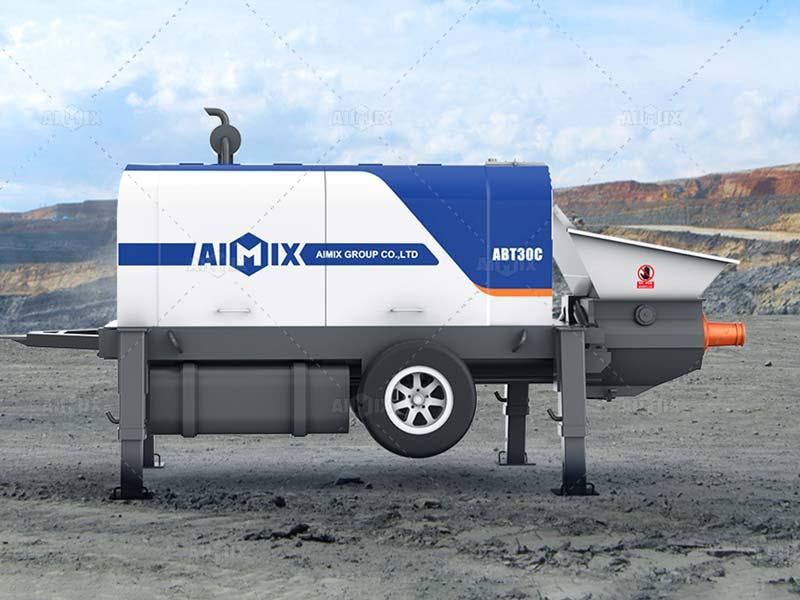
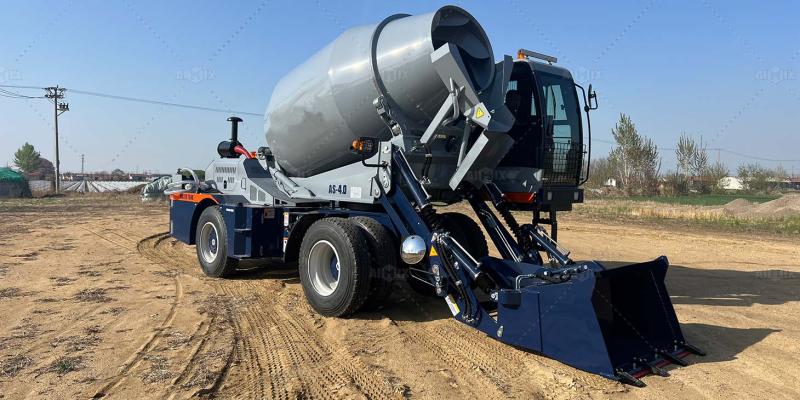
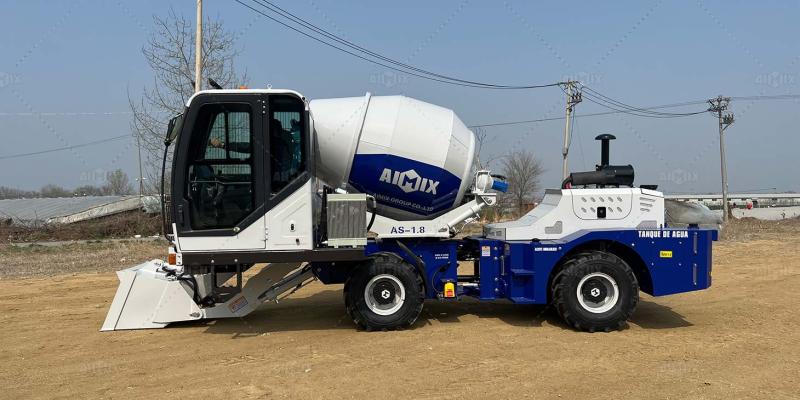
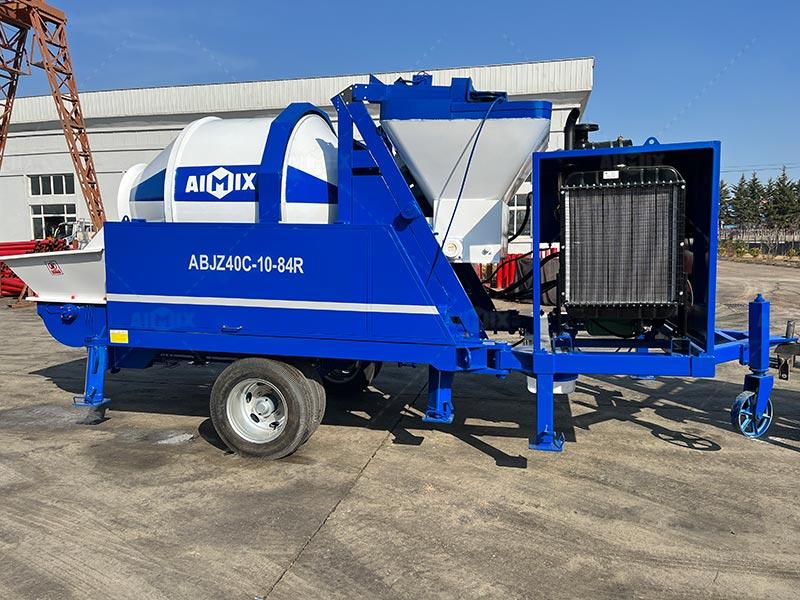
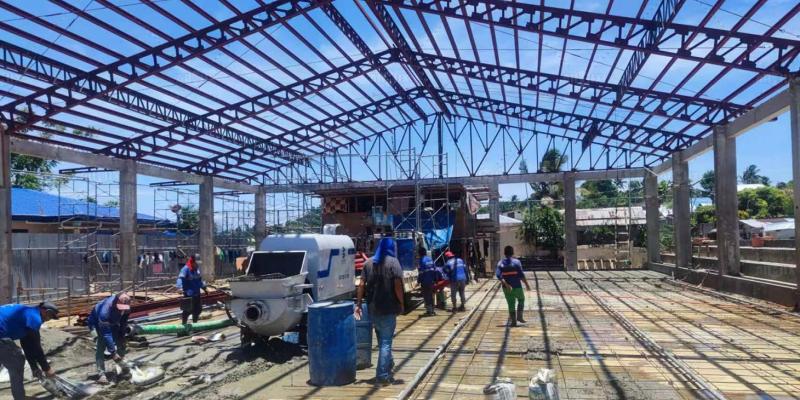
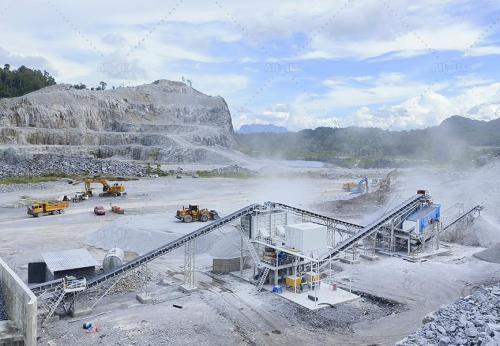


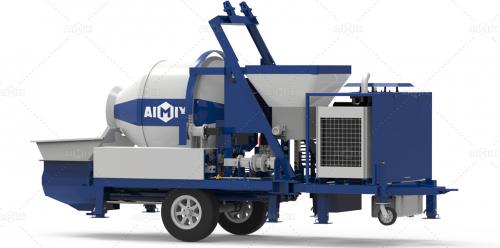
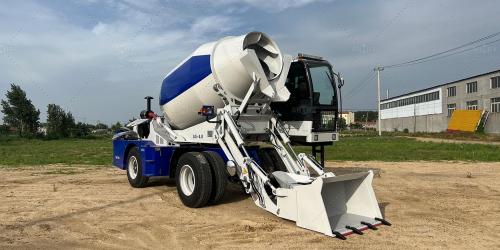
Comments